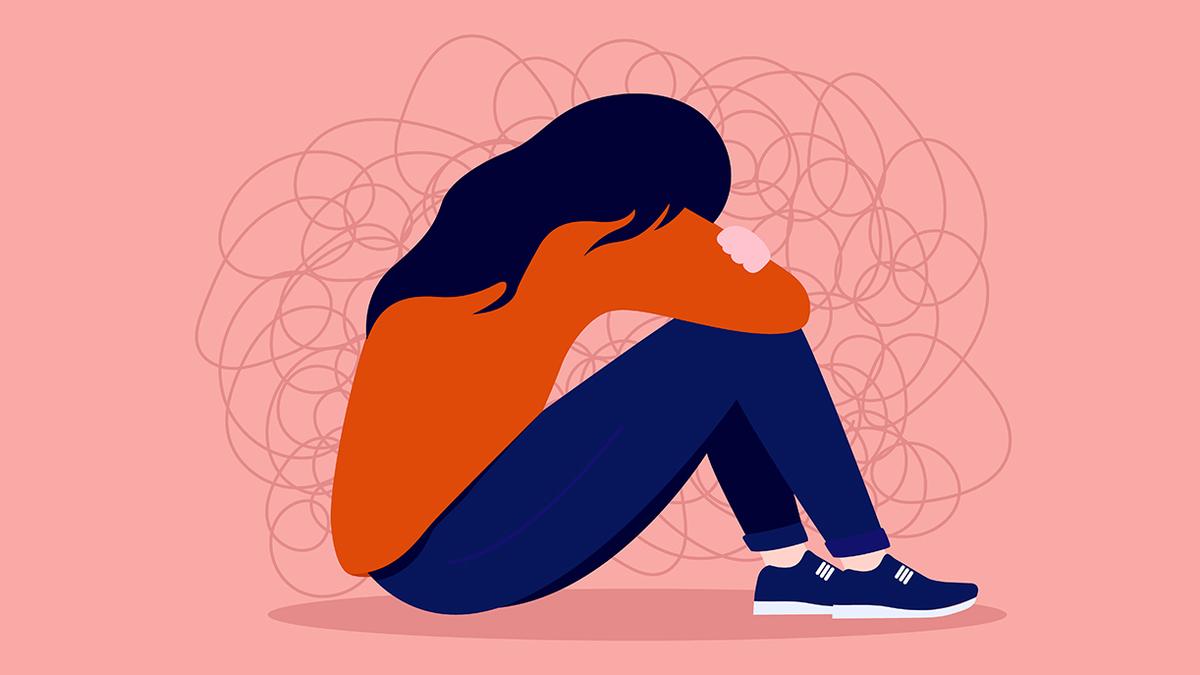
The two sides of internet-based self-diagnosis of mental illness
The Hindu
Bengaluru residents self-diagnosing mental health disorders based on social media symptoms, leading to challenges for professionals.
Have you ever seen a list of symptoms on social media and thought you had a mental disorder? It turns out many people in Bengaluru, especially youngsters, have started self-diagnosing themselves with mental health disorders after checking out symptoms on social media or search engines.
Both psychologists and psychiatrists have noticed an increase in the number of patients who walk into their clinics with such diagnoses. Anxiety, depression and Attention Deficit Hyperactivity Disorder (ADHD) are some of the commonly self-diagnosed disorders in such patients.
“We see many young adults, specifically in their 20s or early 30s, come with information they have derived from social media. For instance, they say things like, “I procrastinate, so I have ADHD. Medical terms are very loosely used on the internet and people see these broad, vague, non-specific criteria and diagnose themselves,” said Dr. Arohi Vardhan Child and Adolescent Psychiatrist at Cadabams Hospitals.
In a country like India where speaking about mental health has been taboo for a long time, doctors believe that celebrities coming out and speaking about their mental health issues might have led to more people identifying their own issues.
“People in general are more aware now in terms of both physical and mental health due to the widespread dissemination of information on the internet. One in five persons usually suffer from either anxiety or depression and while these problems existed in society for a long time, there was a lot of stigma around it. It is evident in literature that when there is more awareness in the community, people reach out for help more and that leads to better outcomes,” said Dr. Senthi Reddi, professor of psychiatry at NIMHANS.
He added, “A lot of famous people have spoken about their disorders, including learning disabilities and this has been helpful in starting a conversation around mental health. The fact that people are coming in and seeking help is a good thing as there has been some changes even in the classification of diseases recently. They have recognised that there is an overlap of disorders and when it comes to ADHD, autism and similar diseases, it is difficult to compartmentalise it, and it is important to identify those who are struggling across the spectrum and not just the ones struggling with severe symptoms.”
While being largely appreciative of the fact that people are seeking help, the doctors have also noticed that a chunk of such patients also convince themselves about them having a specific disorder or that medicines have side effects. This sometimes leads to the development of the infamous Internet Derived Information Obstructing Treatment (IDIOT) syndrome, doctors have observed.

Hyderabad: Car owner along with vehicle modification shop booked for unauthorised vehicle alteration
Jubilee Hills police book case against owner of illegally modified luxury car in Hyderabad, facing legal action












